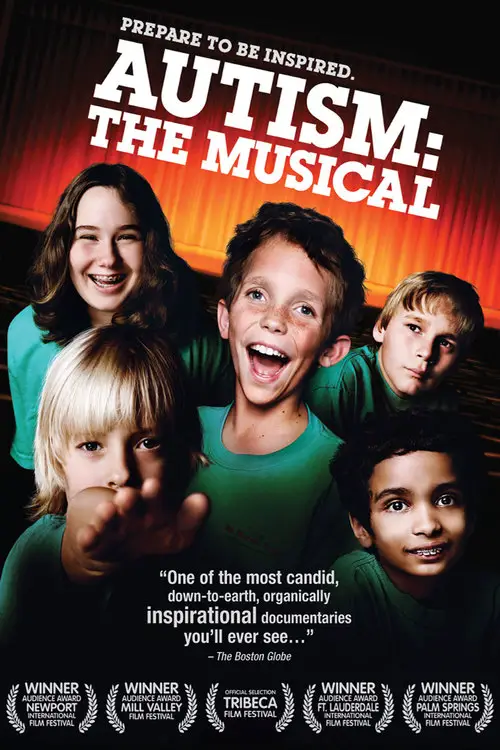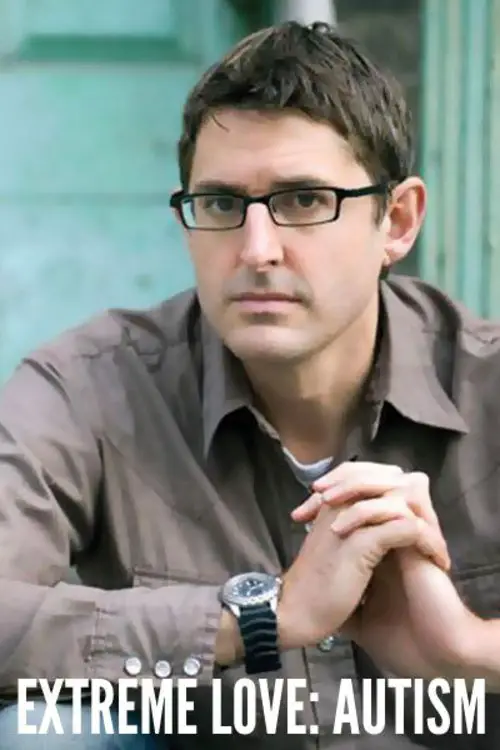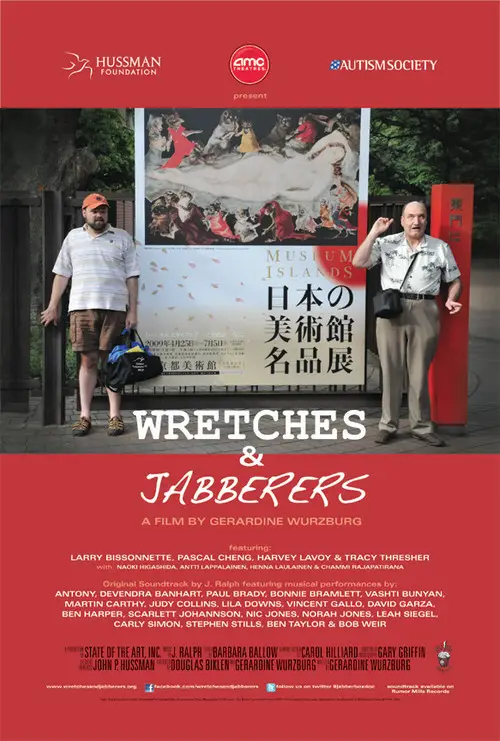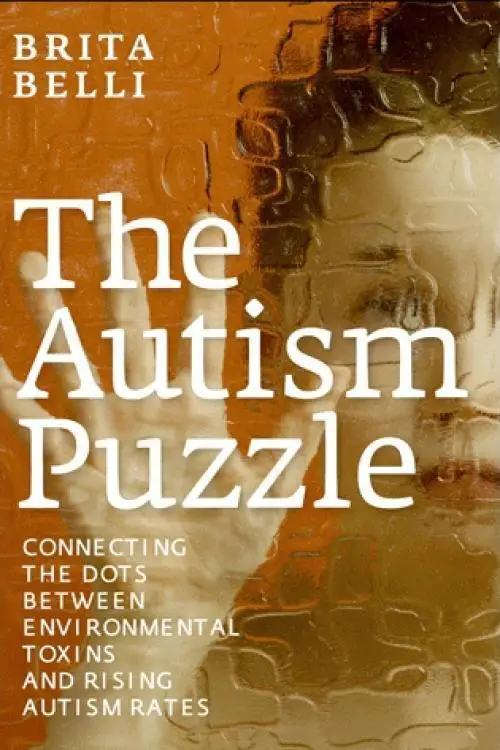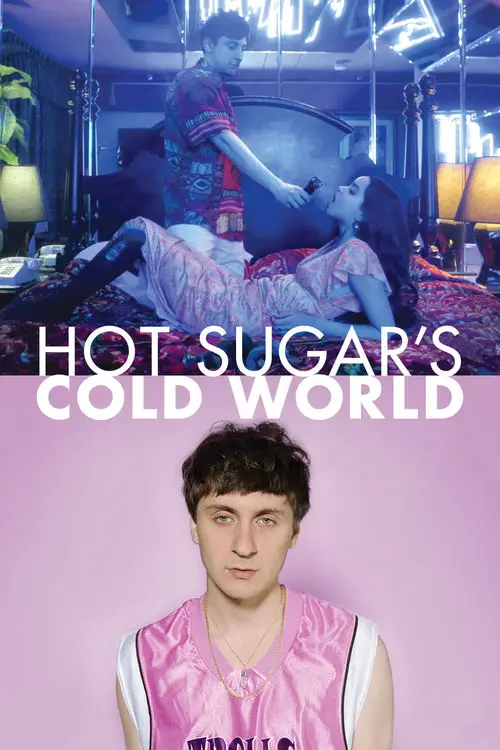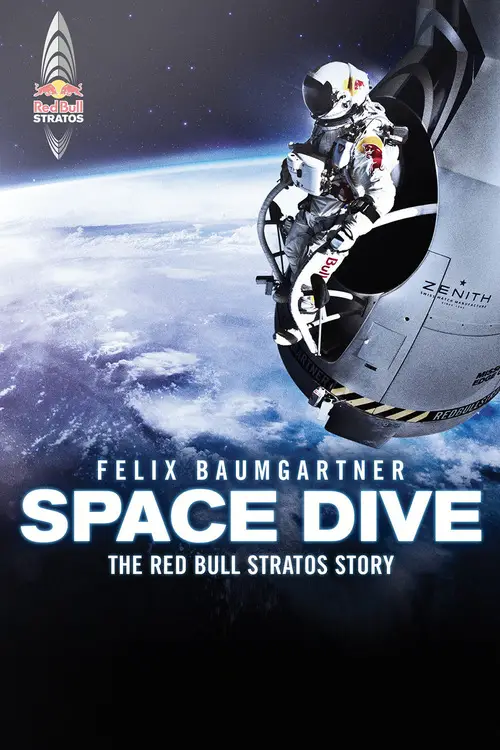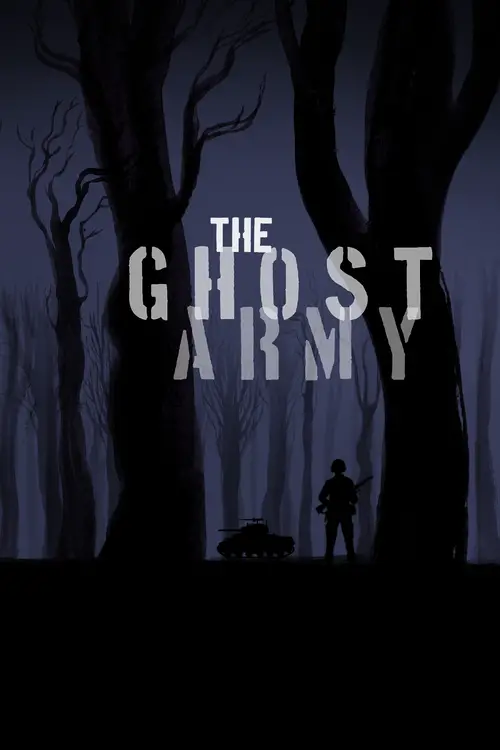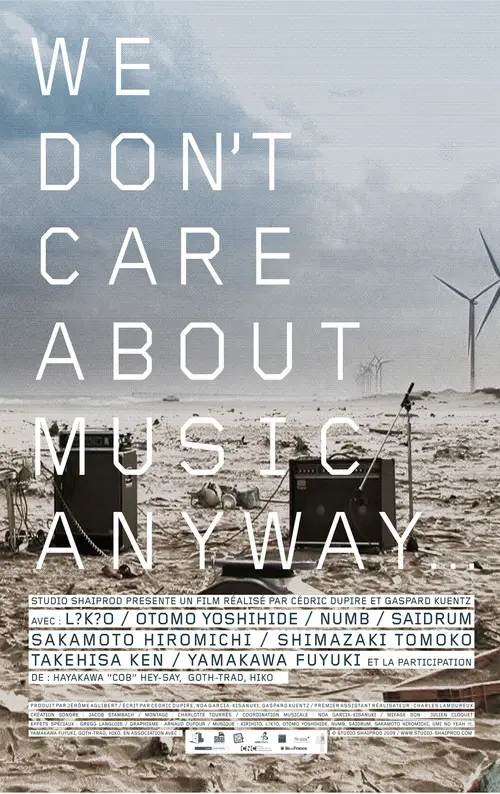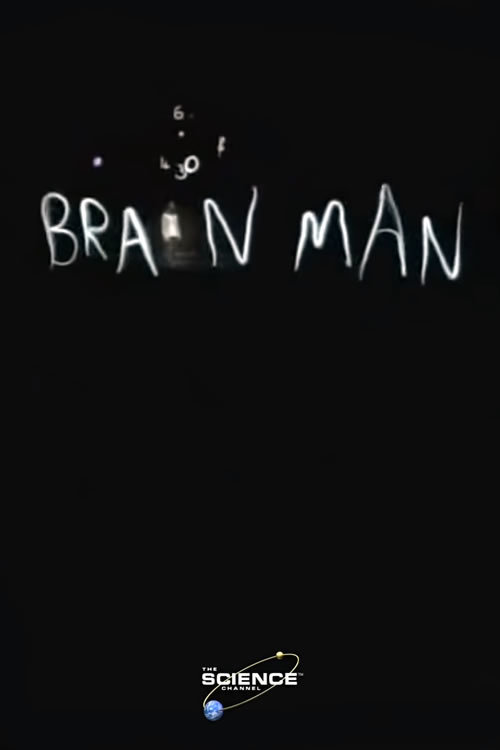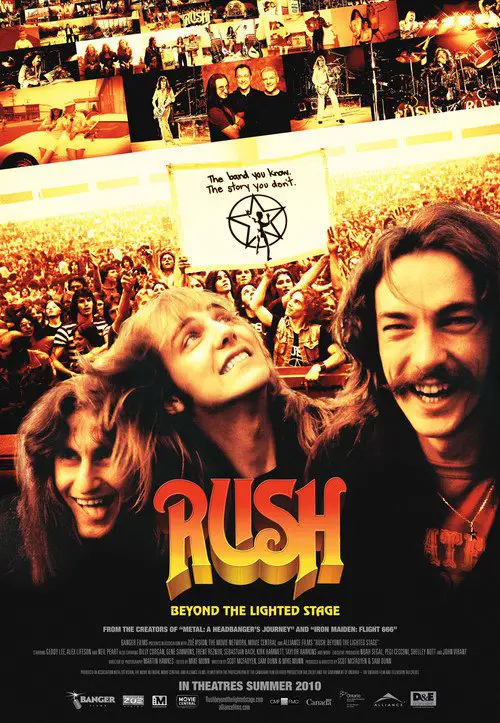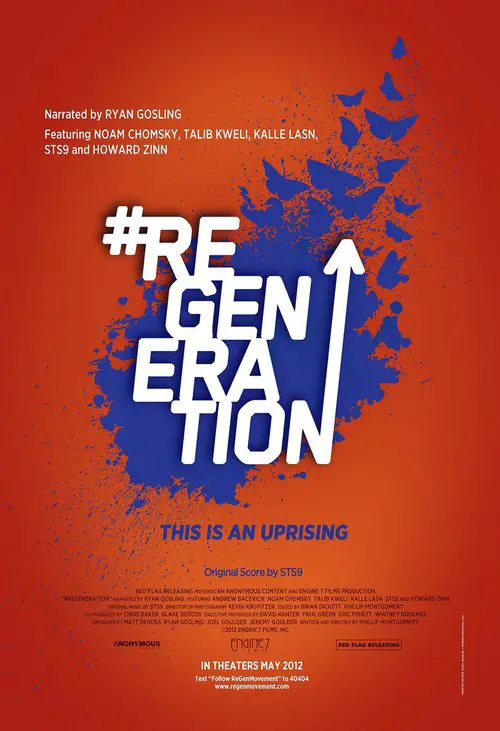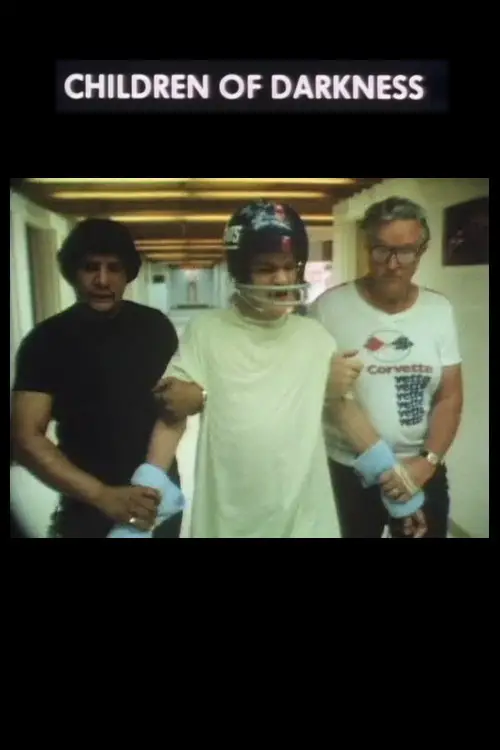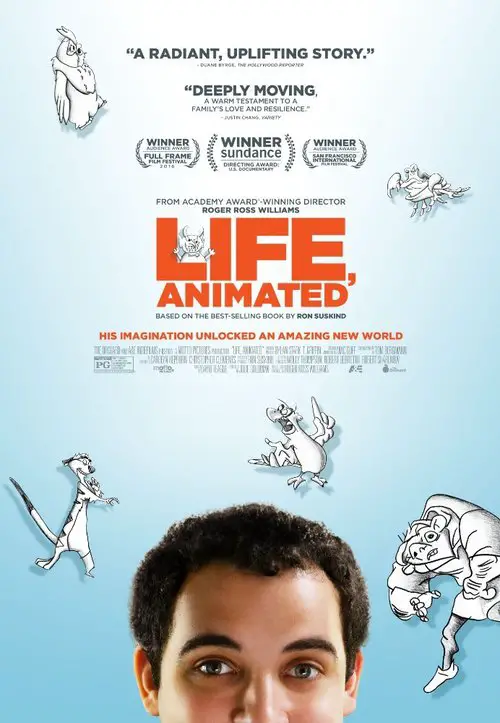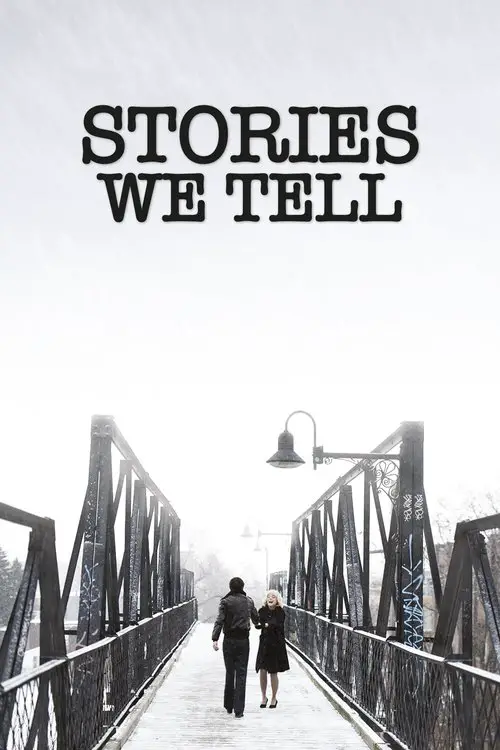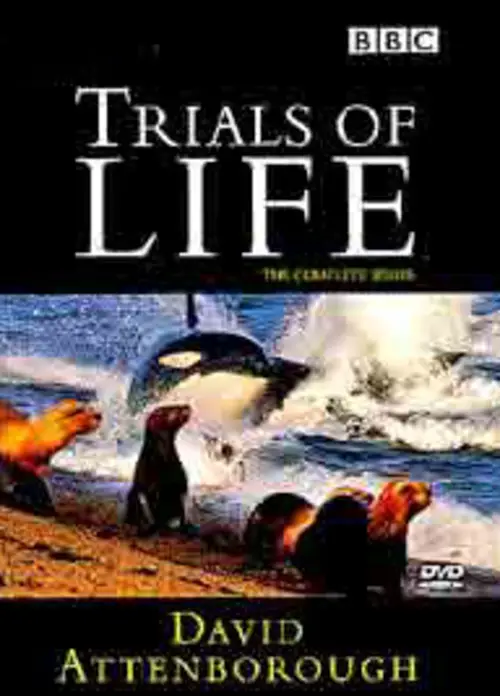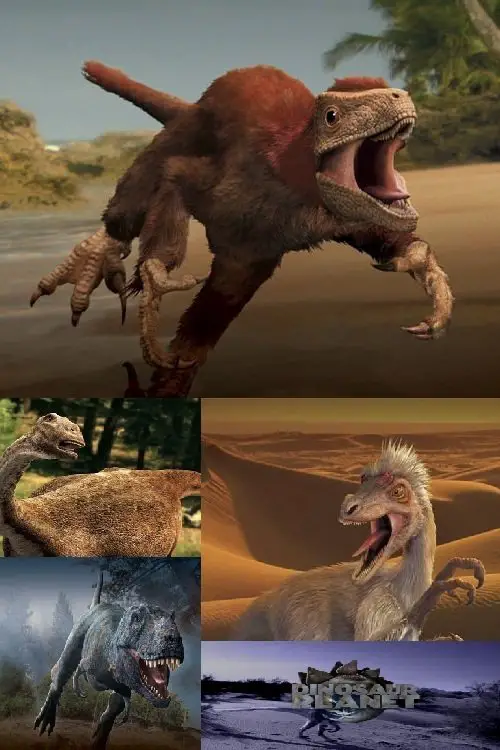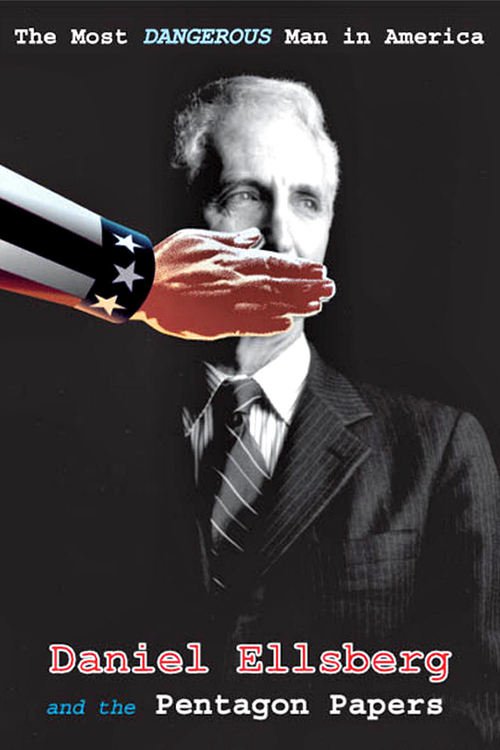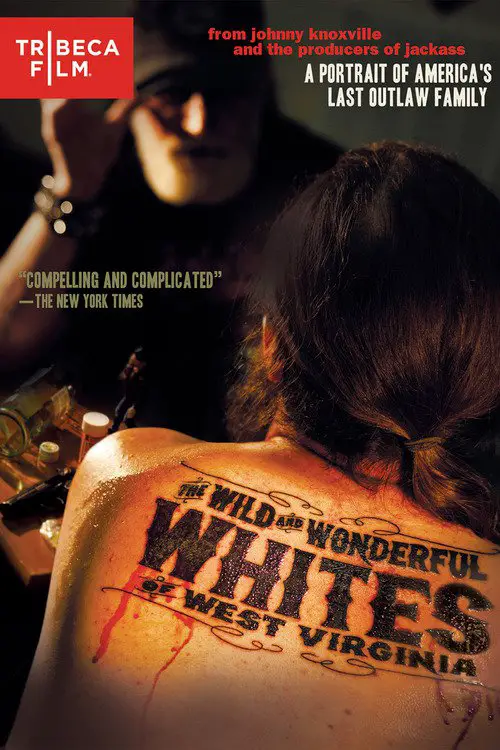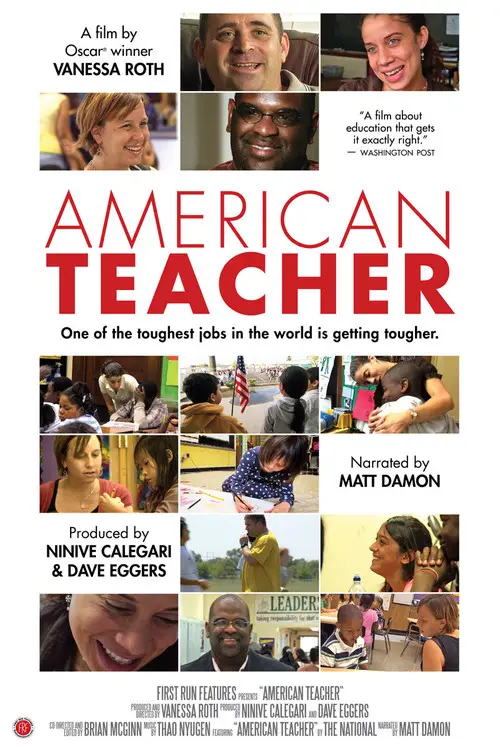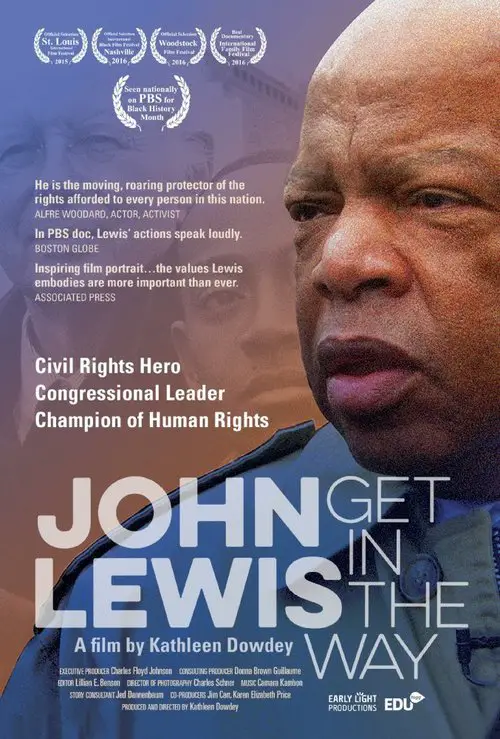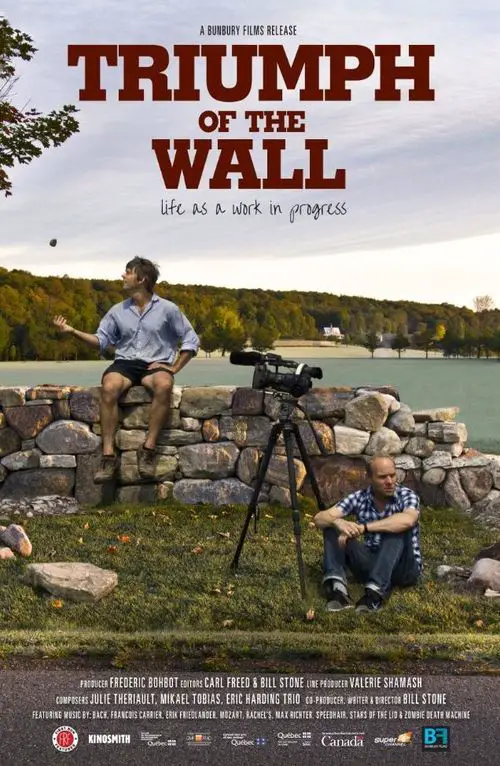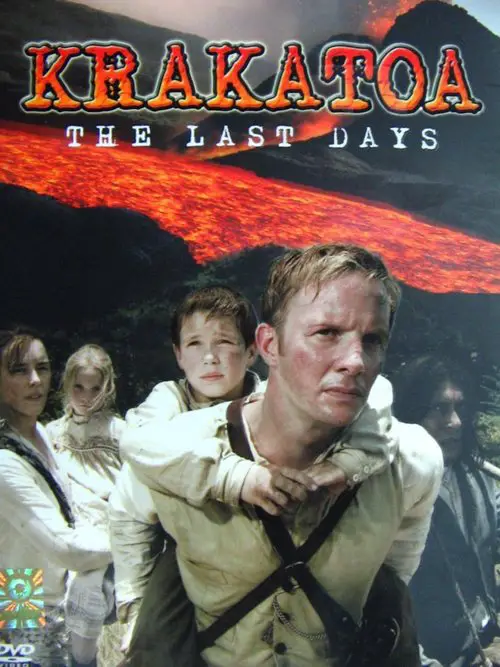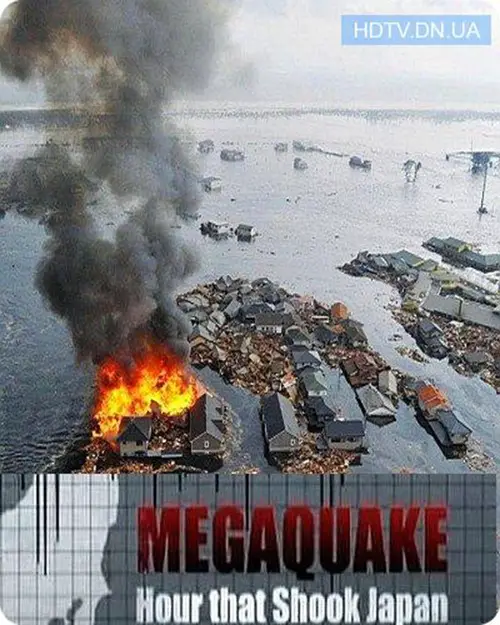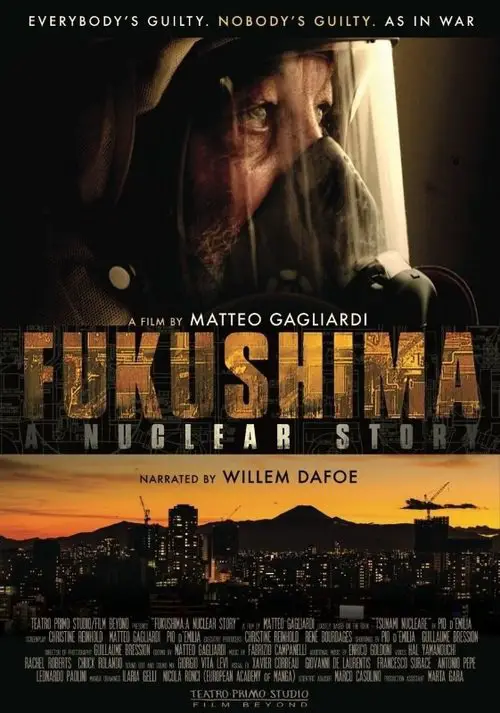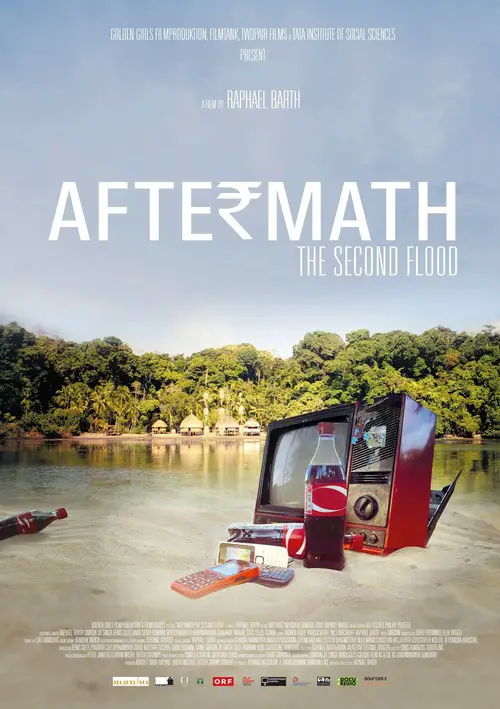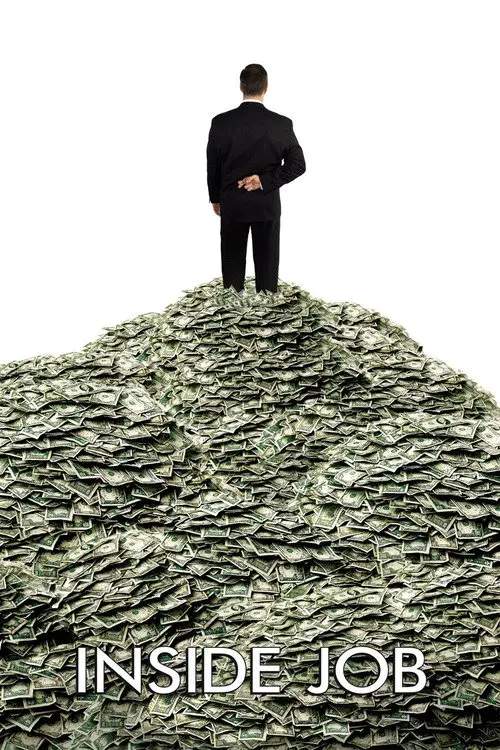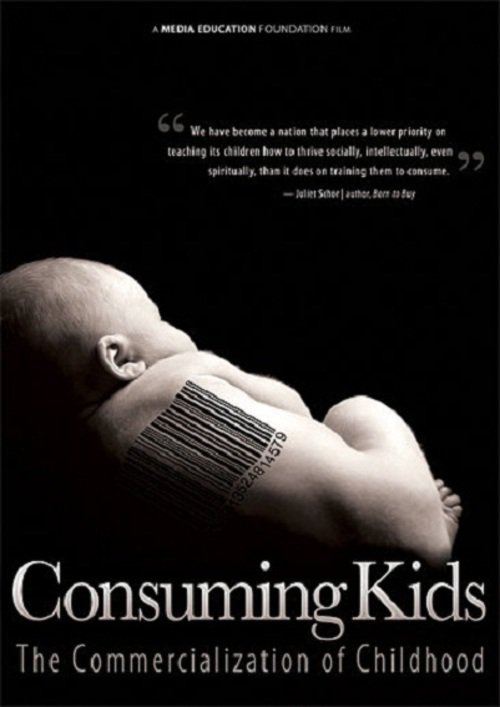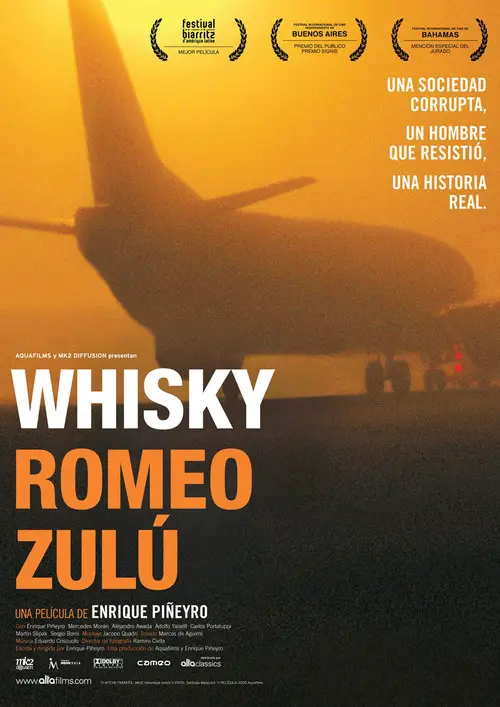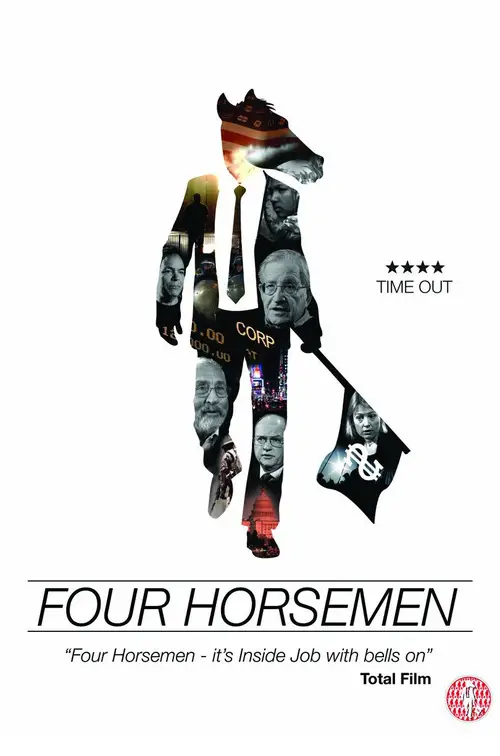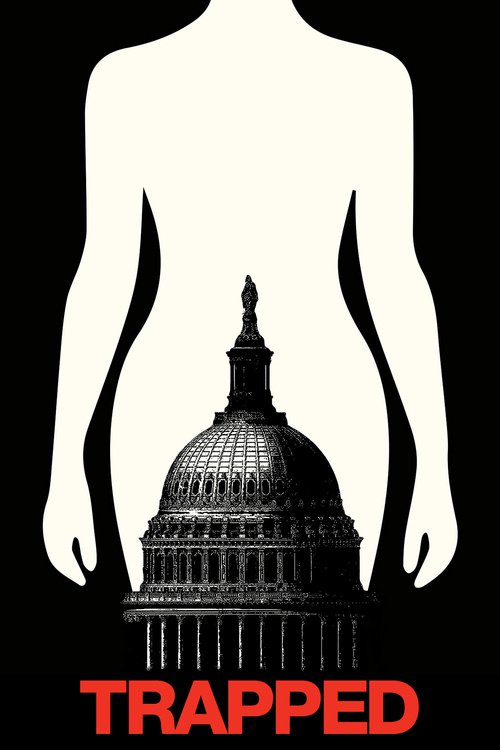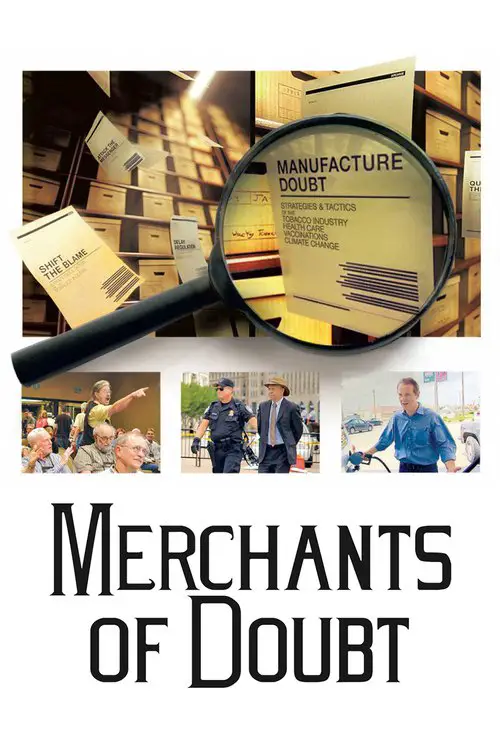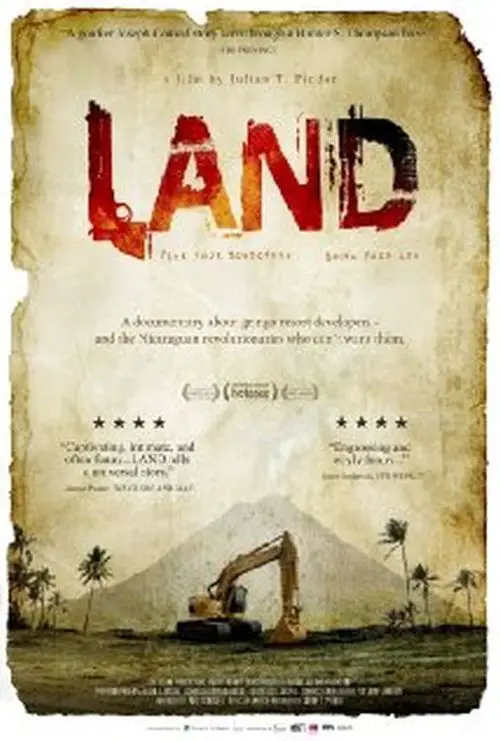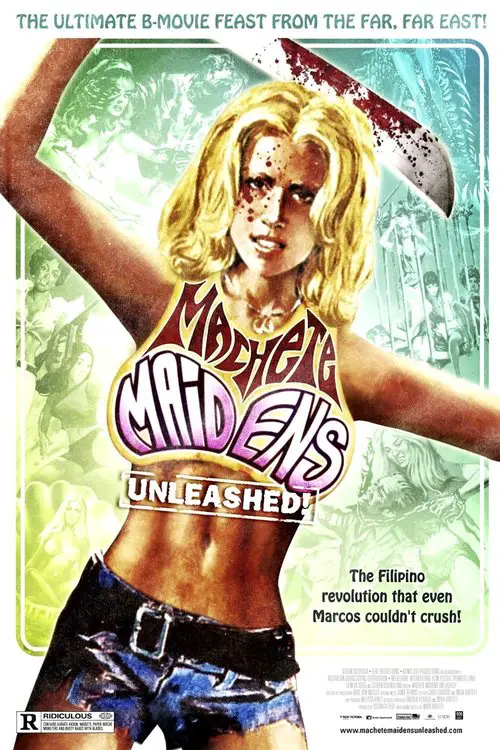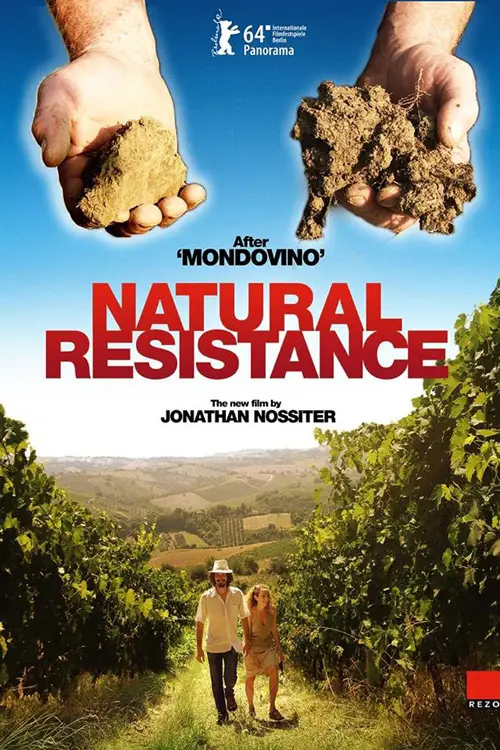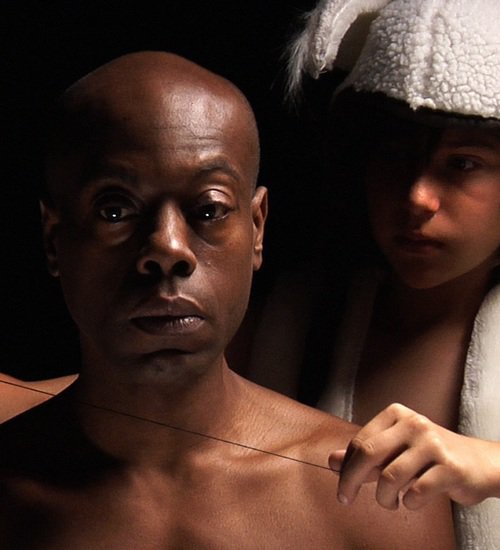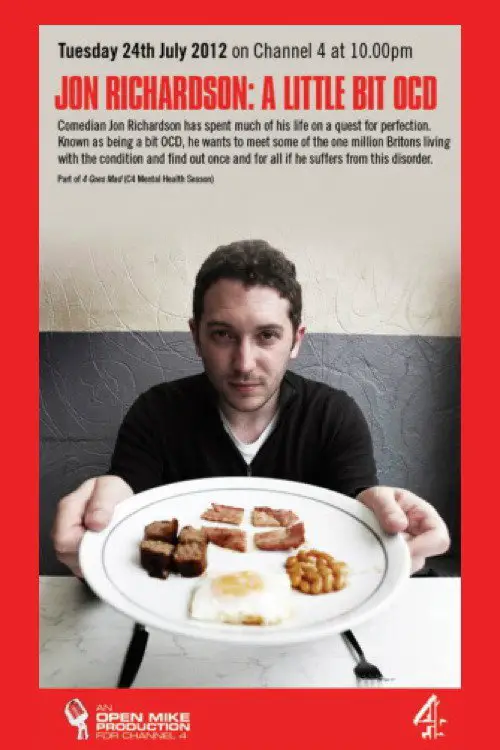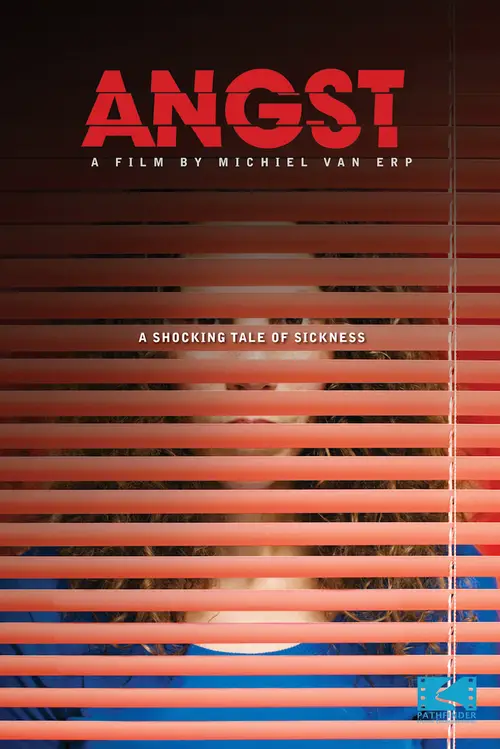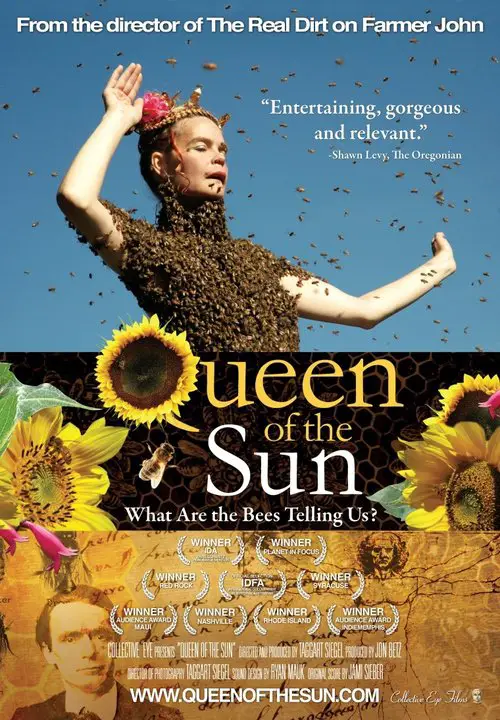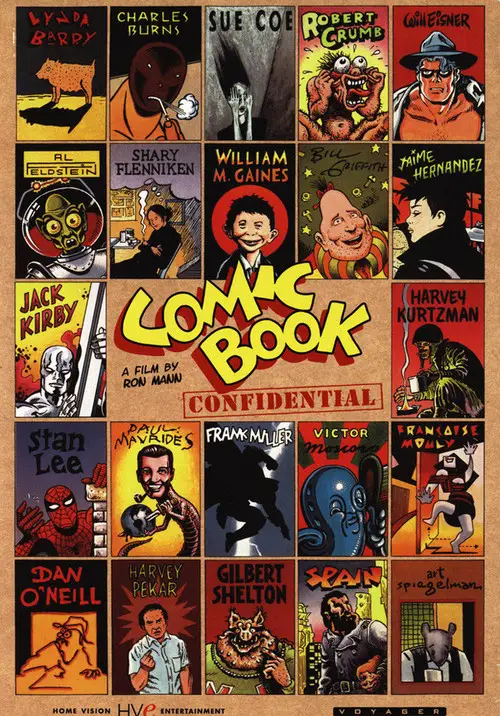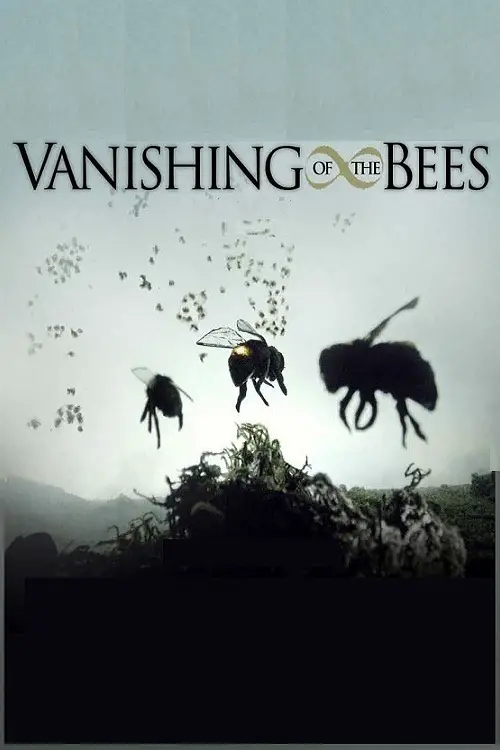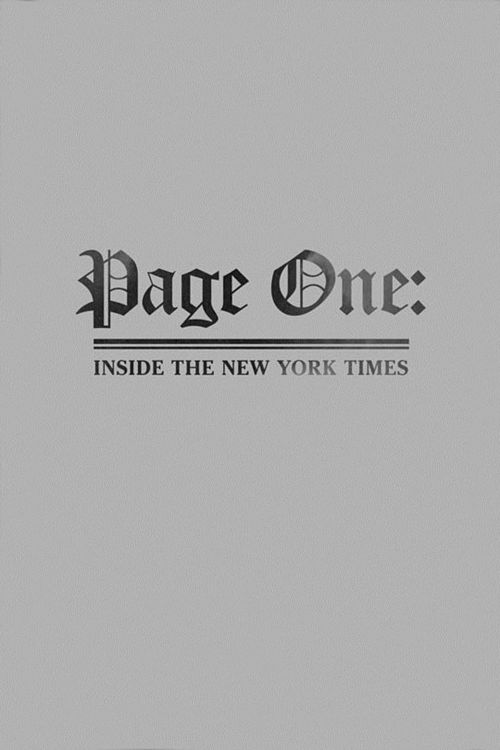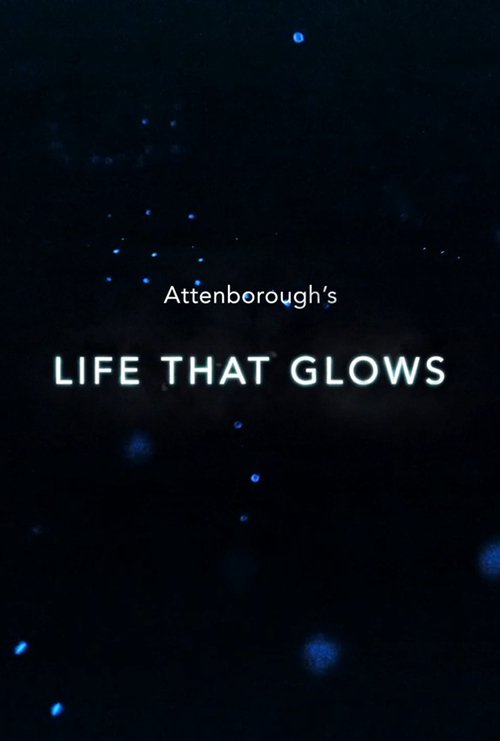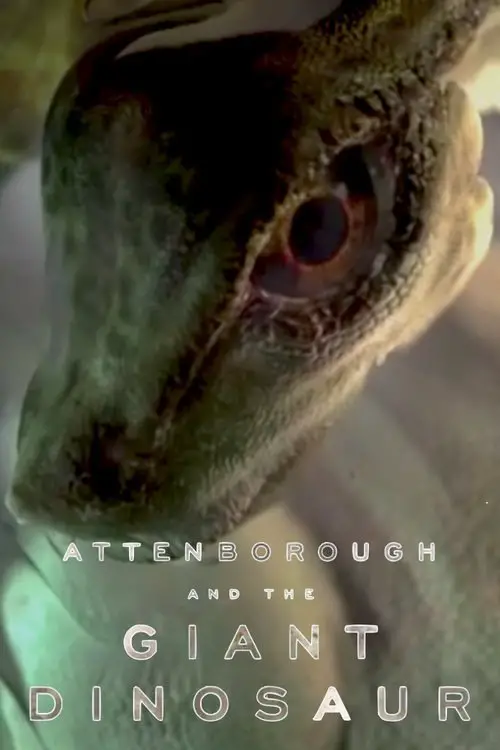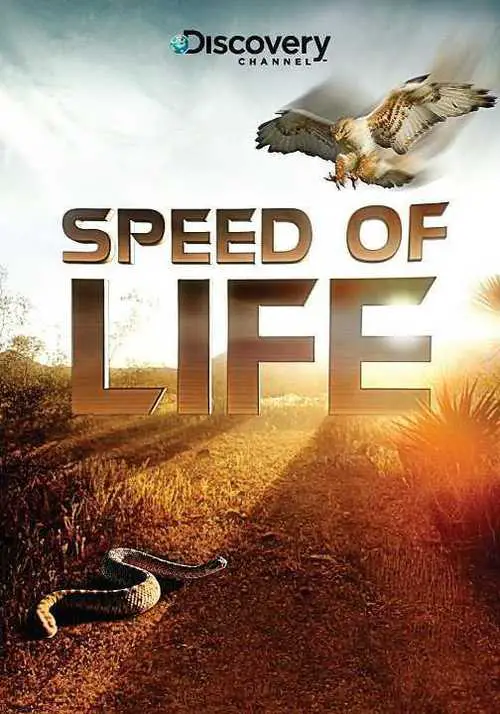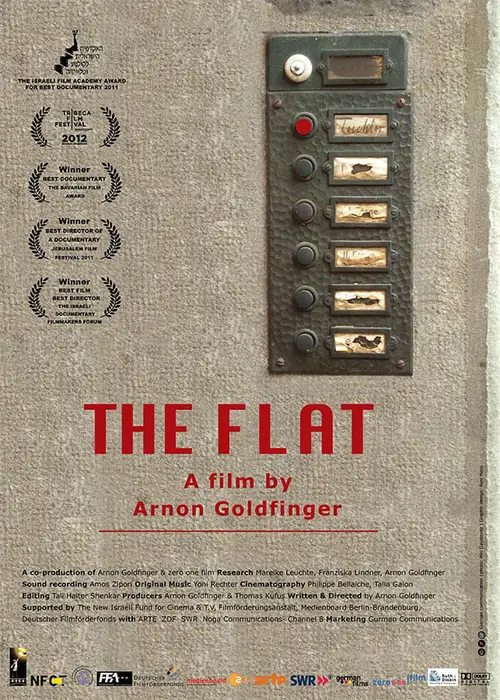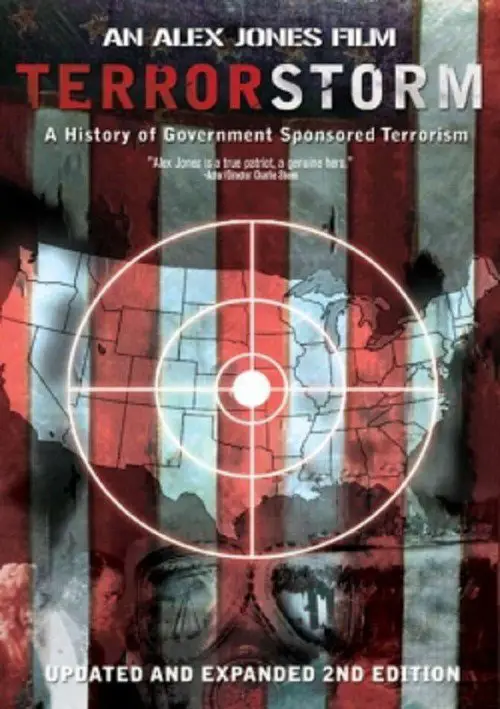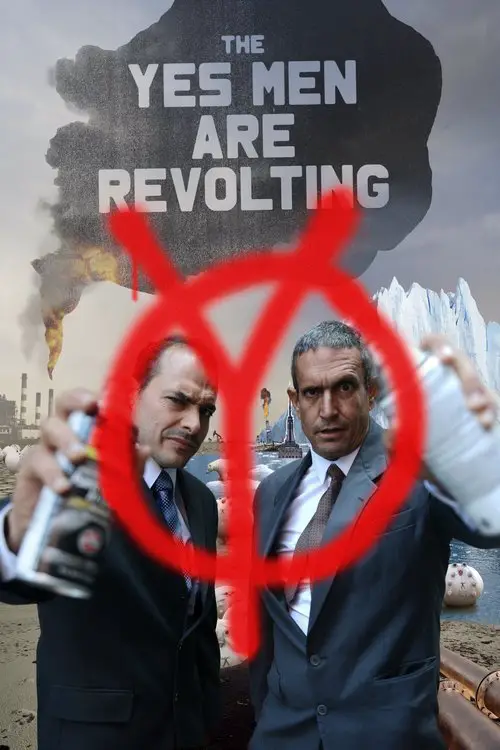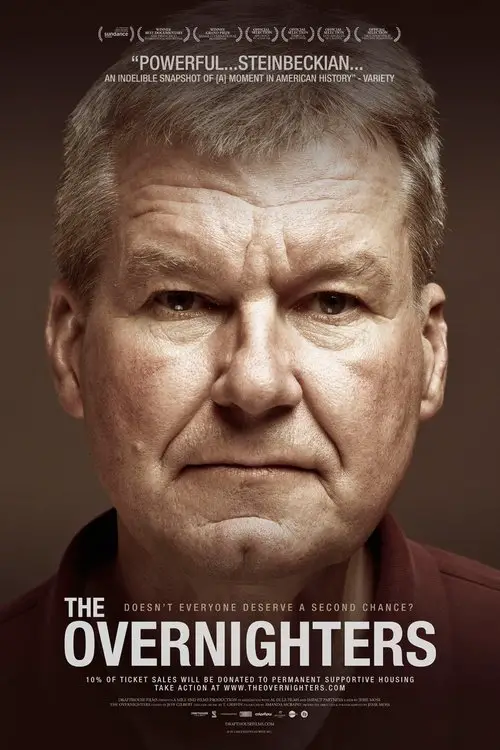Sounding the Alarm: Battling the Autism Epidemic (2014)
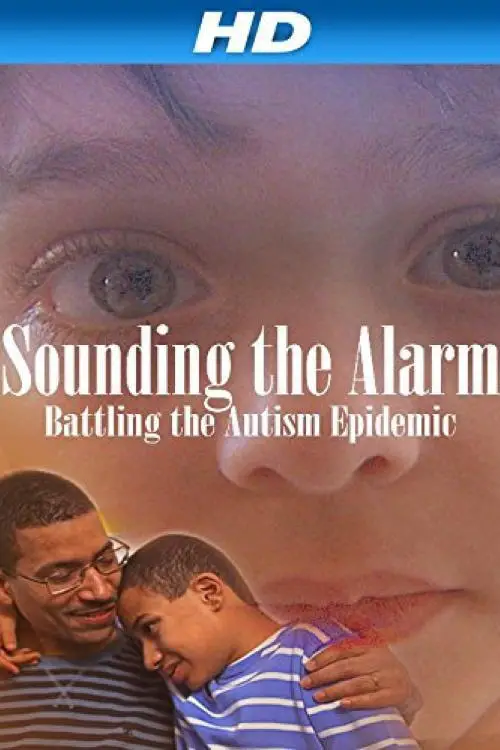
Similar movies
Pianomania takes the audience on a humorous journey through the secret world of sound and accompanies Stefan Knüpfer in his extraordinary work with the greatest pianists in the world. To select the instrument that corresponds to the vision of the virtuoso, according it to his desire and accompany him until he goes on stage, Stefan Knüpfer has developed nerves of steel, a boundless passion and above ability to translate words into sounds.
In 'Wretches & Jabberers and Stories from the Road', two men with autism embark on a global quest to change prevailing attitudes about disability and intelligence. With limited speech, Tracy Thresher, 42, and Larry Bissonnette, 52, both faced lives of mute isolation in mental institutions or adult disability centers. When they learned as adults to communicate by typing, their lives changed dramatically. Their world tour message is that the same possibility exists for others like themselves. At each stop, they dissect public attitudes about autism and issue a hopeful challenge to reconsider competency and the future. Along the way, they reunite with old friends from the USA, expand the isolated world of a talented young painter and make new allies in their cause.
Nick Koenig, aka Hot Sugar, is in a hot mess. Considered a modern-day Mozart, the young electronic musician/producer records sounds from everyday lifeâfrom hanging up payphone receivers to Hurricane Sandy rainâand chops, loops and samples them into Grammy Awardânominated beats. Heâs living the life every musician dreams of, complete with an internet-phenom girlfriend, rapper/singer âKitty.â But when she dumps him, Hot Sugar is set adrift. Fleeing to Paris, he tries to regroup, searching for new sounds and a sense of self. Filmmaker Adam Lough mixes scenes of Hot Sugar at work on his vintage recording devices with surprising soul-searching reflections he offers to the camera. As tweets and posts about the broken couple blow up on the internet, Hot Sugarâs road trip presses onward, revealing even more exotic layers of the man and his music. Fun and flash, this lyrical journey offers audiences a fascinating peek into a modern artistâs creative process.
In this one-off documentary, Space Dive tells the behind-the-scenes story of Felix Baumgartner's historic, record-breaking freefall from the edge of space to Earth. The world watched with bated breath when Felix became the first person to freefall through the sound barrier on 15 October 2012, after jumping from 128,100ft (24 miles) from the edge of space.
During World War II, a hand-picked group of American GI's undertook a bizarre mission: create a traveling road show of deception on the battlefields of Europe, with the German Army as their audience. The 23rd Headquarters Special Troops used inflatable rubber tanks, sound trucks, and dazzling performance art to bluff the enemy again and again, often right along the front lines. Many of the men picked to carry out these dangerous deception missions were artists. Some went on to become famous, including fashion designer Bill Blass. In their spare time, they painted and sketched their way across Europe, creating a unique and moving visual record of their war. Their secret mission was kept hushed up for nearly 50 years after the war's end.
From radical turntablism (Otomo Yoshihide) to laptop music innovation (Numb), via classical instrument hijacking (Sakamoto Hiromichi), Tokyo's avant-garde music scene is internationally known for its boldness. While introducing some of the greatest musicians of this scene, "We Don't Care About Music Anyway..." offers a kaleidoscopic view of Tokyo, confronting music and noise, sound and image, reality and representation, documentary and fiction.
Daniel Tammet has autism. He is also a savant. He can perform mind-boggling mathematical calculations at breakneck speeds. But unlike other savants, who can perform similar feats, Tammet can describe how he does it. He speaks seven languages and is even devising his own language. Now scientists are asking whether his exceptional abilities are the key to unlock the secrets of autism. This documentary follows Daniel as he travels to America to meet the scientists who are convinced he may hold the key to unlocking similar abilities in everyone. He is challenged to learn Icelandic, one of the worldâs hardest languages, in just one week. Will Daniel do it? And what can we learn from this prodigious talent?
A significant number of American children and teenagers - from all social backgrounds - suffer from mental disorders, schizophrenia, autism and emotional problems, leading them to isolation from society while treating their issues in mental health facilities. But there's no end in sight for those young individuals when they face obstacles and mistreatment in inadequate places under the supervision of careless and inexperienced professionals. The documentary follows some of those public mental institutions and another private center dealing with troubled kids and reveals what's wrong with their procedures, and the irreparable harm they cause in those patients.
At three years old, a chatty, energetic little boy named Owen Suskind ceased to speak, disappearing into autism with apparently no way out. Almost four years passed and the only stimuli that engaged Owen were Disney films. Then one day, his father donned a puppetâIago, the wisecracking parrot from Aladdinâand asked âwhatâs it like to be you?â And poof! Owen replied, with dialogue from the movie. Life, Animated tells the remarkable story of how Owen found in Disney animation a pathway to language and a framework for making sense of the world.
A four-episode animated series charting the adventures of four dinosaurs - each on a different continent in the prehistoric world: a lone female Velociraptor in Asia; a young male Daspletosaurus in North America; a South American female Saltasaurus; and a young adult Pyroraptor in Europe. Narrated by Christian Slater and hosted by paleontologist Scott Sampson.
"The Most Dangerous Man in America" is the story of what happens when a former Pentagon insider, armed only with his conscience, steadfast determination, and a file cabinet full of classified documents, decides to challenge an "Imperial" Presidency-answerable to neither Congress, the press, nor the people-in order to help end the Vietnam War.
As the debate over the state of America's public school system rages on, one thing everyone agrees on is the need for great teachers. Yet, while research proves that teachers are the most important school factor in a child's future success, America's teachers are so woefully underpaid that almost a third must divide their time between a second job in order to make a living. Chronicling the stories of four teachers in different areas of the country, American Teacher reveals the frustrating realities of today's educators, the difficulty of attracting talented new teachers, and why so many of our best teachers feel forced to leave the profession altogether. But this wake-up call to our system's failings also looks at possibilities for reform. Can we re-value teaching in the United States and turn it into a prestigious, financially attractive and competitive profession? With almost half of American teachers leaving the field in the next five years, now is the time to find out.
In 1965, the historic Selma March known as Bloody Sunday was a turning point in the Civil Rights Movement. John Lewis-now a revered U.S. Congressman, then a young student-co-led hundreds of peaceful marchers seeking voting rights for African Americans in the South. When they came face to face with a wall of club-wielding Alabama state troopers, Lewis took a steadfast, non-violent stand and inspired his followers to do the same. Graphic depictions of the ensuing assault were televised on the nightly news and shocked Americans to the core as they witnessed blatant racial oppression. Get in the Way is the first documentary film biography about Lewis, the civil rights icon, respected legislator and elder statesman who continues to practice nonviolence in his determined fight for justice. The film is a riveting portrayal of John Lewis' personal journey of courage, searing disappointments and hard-won triumphs, as over the decades he inspires others to stand up and Get in the Way.
"A filmed chronicle about the construction of a 1000-foot dry-stone wall by a novice stonemason in rural Quebec. The stonemason, Chris Overing, is to complete the stone structure within eight weeks; the filmmaker, Bill Stone plans the film as a straightforward telling of this laborious yet creative task. But after Overing realizes he has woefully underestimated the time and energy required to construct the wall, both projects evolve into something altogether different." - by First Run Features
A historical drama documentary depicting the eruption of Krakatoa volcano in 1883. The volcano was located in the Sunda strait in Indonesia and its eruption resulted in tsunami, rains of coals and ash, and ended with a very hot tsunami. The eruption killed more than 36,000 people and those survived were left with burns.
Experience Japan's earthquake and resulting tsunami through exclusive new footage and first person accounts from Sendai and Tokyo. Understand the mega-physics that rocked the Earth on its axis. Explore this most recent Ring of Fire cataclysm in relation to other recent disasters, as scientists pose the question - is the Pacific Northwest United States next in line?
After the destructions that where caused by the tsunami, the insulars of an Indian archipelago are rolled over by another surge of ruination: the flood of international aid organizations, which pluck this premodern civilisation into the 21st century. The film depicts the partially heroic attempts of the Nicobareses, to live in this world without drowning.
A film that exposes the shocking truth behind the economic crisis of 2008. The global financial meltdown, at a cost of over $20 trillion, resulted in millions of people losing their homes and jobs. Through extensive research and interviews with major financial insiders, politicians and journalists, Inside Job traces the rise of a rogue industry and unveils the corrosive relationships which have corrupted politics, regulation and academia.
Consuming Kids throws desperately needed light on the practices of a relentless multi-billion dollar marketing machine that now sells kids and their parents everything from junk food and violent video games to bogus educational products and the family car. Drawing on the insights of health care professionals, children's advocates, and industry insiders, the film focuses on the explosive growth of child marketing in the wake of deregulation, showing how youth marketers have used the latest advances in psychology, anthropology, and neuroscience to transform American children into one of the most powerful and profitable consumer demographics in the world. Consuming Kids pushes back against the wholesale commercialization of childhood, raising urgent questions about the ethics of children's marketing and its impact on the health and well-being of kids.
Whisky Romeo Zulu tells the story prior to the crash of LAPA Boeing 737 that on August 31, 1999, caught fire after hitting an embankment in the center of Buenos Aires, killing 67 people. The disaster changed the history of civil and commercial aviation in Argentina, and the film recounts, from the standpoint of the director, a former airline pilot-how in some countries the safety of the flight is incredibly precarious.
From 2011 to 2013, hundreds of regulations were passed restricting access to abortion in America. Reproductive rights advocates refer to these as âTRAPâ laws, or Targeted Regulations of Abortion Providers. TRAP laws have swept across the country, especially the South, where most clinics are in a desperate battle for survival. In the trenches of this war on womenâs rights are the doctors, clinic owners, and resolute staff who refuse to give up. Trapped interweaves the personal stories of a fearless physician who crisscrosses the country assuring that medical services are available, the stalwart women and men who run the clinics, the lawyers leading the charge to eradicate these laws, and ultimately to the women they are all determined to help
American resort developers bear down on the wild west coast of Nicaragua, hoping to build the next tourist paradise. With lax labour and environmental regulations, some of the developers take full advantage of the situation, and the local fishermen start accusing them of exploitation and land thievery. Unexpectedly, in the midst of this conflict, firebrand Daniel Ortega and the Sandinistas sweep back into government, boldly empowering the local fishermen. The tables turn viciously on the American developers, who get much more than they bargained for. But when the local fishermen, corrupted by new found power, begin acting in the same manner as the American developers, questions are posed about human nature, morality, and ethics on a much larger scale.
In the final decades of the 20th century, the Philippines was a country where low-budget exploitation-film producers were free to make nearly any kind of movie they wanted, any way they pleased. It was a country with extremely lax labor regulations and a very permissive attitude towards cultural expression. As a result, it became a hotbed for the production of cheapie movies. Their history and the genre itself are detailed in this breezy, nostalgic documentary.
Ten years after Mondovino, his analysis of the increasingly standardised wine production in France, wine expert Jonathan Nossiter picks up the thread again and shows what it means to be rooted in the soil you're working on. During walks through the vineyards and relaxed gatherings with a group of alternative Italian wine growers, he trades experiences and arguments. What looks like a bucolic paradise, where intelligent people produce wine according to time-honoured and organic methods, is actually revealed to be a battleground. The DOC association, which is supposed to look after the interest of independent vintners, promotes winemakers who produce vast amounts in a standardised quality; and the agricultural industry with its hygiene regulations excludes traditional methods of production. The only thing saving the landscape from being totally destroyed is affluent foreigners using the old vineyards as summer holiday homes.
Turkish film industry has been experiencing a breakthrough in the last ten years. According to 2015 figures, there is a bold uptrend in terms of viewers and film production. Yet without any regulations at work, this growth only made injustices in distribution bigger. While a single cinema chain controls more then 50% of the market, it also started to control distribution and production. In this monopolized environment, there seems to be no country for independent production. With the guidance of producers, distributors, and economists, the film traces the distortion created by the bad economy that has become an obstacle for freedom of choice.
FIG TREES is a documentary opera about AIDS activists Tim McCaskell of Toronto and Zackie Achmat of Capetown as they fight for access to treatment drugs. Documentary interviews, speeches, press conferences and demonstrations are sampled, taken apart, and set to music, replayed this time as operatic scenes. A surreal fictional narrative is intercut with the stories of their struggles against government and the pharmaceutical industry. In this fictional world, Gertrude Stein decides to write a tragic opera about Tim and Zackie and their saint-like heroism. She kidnaps them, transports them to Niagara Falls, and forces them to sing a series of complicated avant-garde vocal compositions. However, when Zackie ends his treatment strike and starts taking his pills, Gertrude realizes that there will be no more tragedy, and thus, no more opera.
In Fear, documentary filmmaker Michiel van Erp creates a collage of inhabitants of the city of Amsterdam who struggle with various anxiety disorders. Today, more patients with anxiety disorders seek professional help than those who suffer from depression, making anxiety the number one mental illness in the Netherlands. This film will show how a small number of those patients attempt to overcome their fears, in order to get on with their lives in the crowded cosmopolitan city that Amsterdam is today.
In 1923, Rudolf Steiner, an Austrian scientist, philosopher & social innovator, predicted that in 80 to 100 years honeybees would collapse. Now, beekeepers around the United States and around the world are reporting an incredible loss of honeybees, a phenomenon deemed "Colony Collapse Disorder." This "pandemic" is indicated by bees disappearing in mass numbers from their hives with no clear single explanation. The queen is there, honey is there, but the bees are gone. For the first time, in an alarming inquiry into the insights behind Steiner's prediction QUEEN OF THE SUN: What Are the Bees Telling Us? investigates the long-term causes behind the dire global bee crisis through the eyes of biodynamic beekeepers, commercial beekeepers, scientists and philosophers.
In the 20th century, no artistic medium in North America with so much potential for creative expression has had a more turbulent history plagued with less respect than comic books. Through animated montages, readings and interviews, this film guides us through the history of the medium from the late 1930s and 1940s with the first explosion of popularity with the superheroes created by great talents like Jack Kirby and hitting its first artistic zenith with Will Eisner's "Spirit". It then shifts to the post war comics world with the rising popularity of crime and horror comics, especially those published by EC Comics under the editorshiop of William B. Gaines until it came crashing down the rise of censorship with the imposition of the Comics Code. In its wake of the devastation of the medium's creative freedom, we also explore EC's defiant survival with the creation of the singular "Mad Magazine" by Harvey Kurtzman.
Since the invention of cinema, the standard format for recording moving images has been film. Over the past two decades, a new form of digital filmmaking has emerged, creating a groundbreaking evolution in the medium. Keanu Reeves explores the development of cinema and the impact of digital filmmaking via in-depth interviews with Hollywood masters, such as James Cameron, David Fincher, David Lynch, Christopher Nolan, Martin Scorsese, George Lucas, Steven Soderbergh, and many more.
This documentary takes a piercing investigative look at the economic, political and ecological implications of the worldwide disappearance of the honeybee. The film examines our current agricultural landscape and celebrates the ancient and sacred connection between man and the honeybee. The story highlights the positive changes that have resulted due to the tragic phenomenon known as "Colony Collapse Disorder." To empower the audience, the documentary provides viewers with tangible solutions they can apply to their everyday lives. Vanishing of the Bees unfolds as a dramatic tale of science and mystery, illuminating this extraordinary crisis and its greater meaning about the relationship between humankind and Mother Earth. The bees have a message - but will we listen?
Filmmaker Adam Scorgie explores the illegal marijuana industry in British Columbia, revealing how the international business is most likely more profitable than it would be if it was lawful in this enlightening documentary. Marijuana growers, law enforcement officials, physicians, politicians, criminologists, economists and celebritiesâincluding comedian Tommy Chongâshed light on this topical subject in a series of compelling interviews.
Luminous beings, creatures with their own internal light, enchant and astonish us. Anyone who has seen a firefly or a glow-worm cannot help but fall under their spell. The sea at night sparkles as millions of luminous plankton reveal the shapes of dolphins in a truly magical light show. Join Sir David Attenborough and a team of the world's leading scientists and deep sea explorers on a quest to reveal the secrets of living lights.
Taking Liberties Since 1997is a documentary film about the erosion of civil liberties in the United Kingdom and increase of surveillance under the government of Tony Blair. It was released in the UK on 8th June 2007. The director, Chris Atkins, said on 1 May that he wanted to expose "the Orwellian state" that now threatened Britain as a result of Mr Blair's policies.
David Attenborough tells the story of the discovery and reconstruction in Argentina of the world's largest-known dinosaur, a brand new species of titanosaur. Measuring 37m long and weighing 70 metric tons, it now holds the record as the biggest animal ever to walk the Earth. In 2014, a shepherd spotted the tip of a gigantic fossil bone sticking out of a rock in La Flecha Farm in the Chubut Province in the Argentinian desert. Palaeontologists soon uncovered a massive 2.4m long thigh bone, the largest ever found. By the end of the dig they had uncovered more than 220 bones. As the programme reveals, these all belong to a new species of the giant plant-eating titanosaur. Filmed over the next two years, Attenborough witnesses the uncovering and examination of these stupendous fossils and the dramatic construction of the complete skeleton. The film also reveals the internal secrets of this dinosaur and what it means to be a giant.
The flat on the third floor of a Bauhaus building in Tel Aviv was where my grandparents lived since they immigrated to Palestine in the 1930's. Were it not for the view from the windows, one might have thought that the flat was in Berlin. When my grandmother passed away at the age of 98 we were called to the flat to clear out what was left. Objects, pictures, letters and documents awaited us, revealing traces of a troubled and unknown past. The film begins with the emptying out of a flat and develops into a riveting adventure, involving unexpected national interests, a friendship that crosses enemy lines, and deeply repressed family emotions. And even reveals some secrets that should have probably remained untold...
This is a documentary about an honest search for the truth about the Federal Reserve Bank and the legality of the Internal Revenue System. Through extensive interviews with recognised experts and authority, the director shows an astonishing revelation of how the Federal Government and the Bankers have fooled the American public by taking thier wages and putting it in the pockets of the super-rich.
© Valossa 2015–2026
| Privacy Policy



